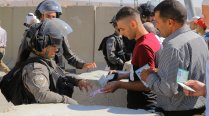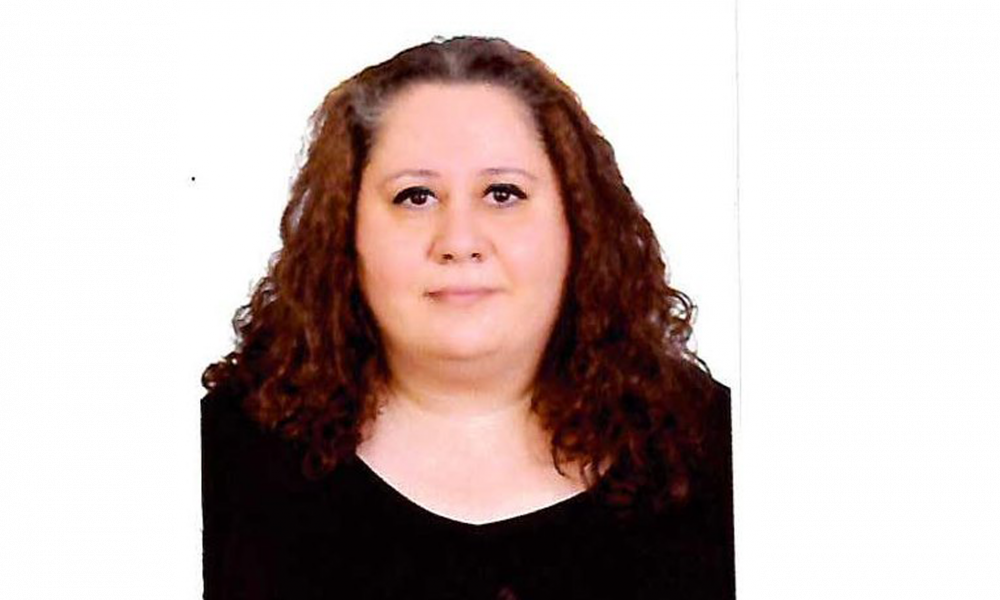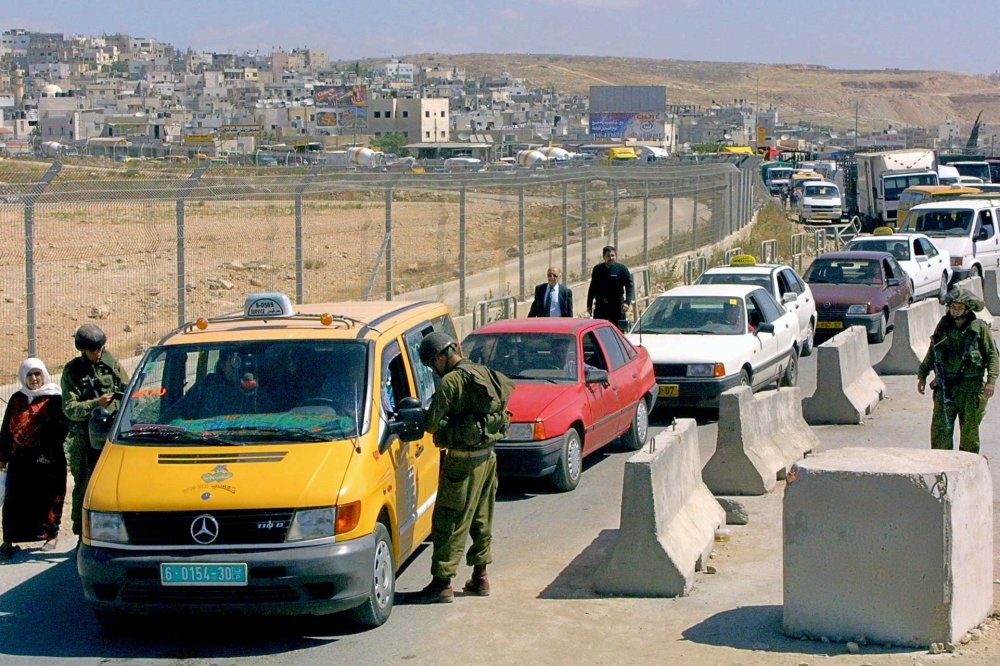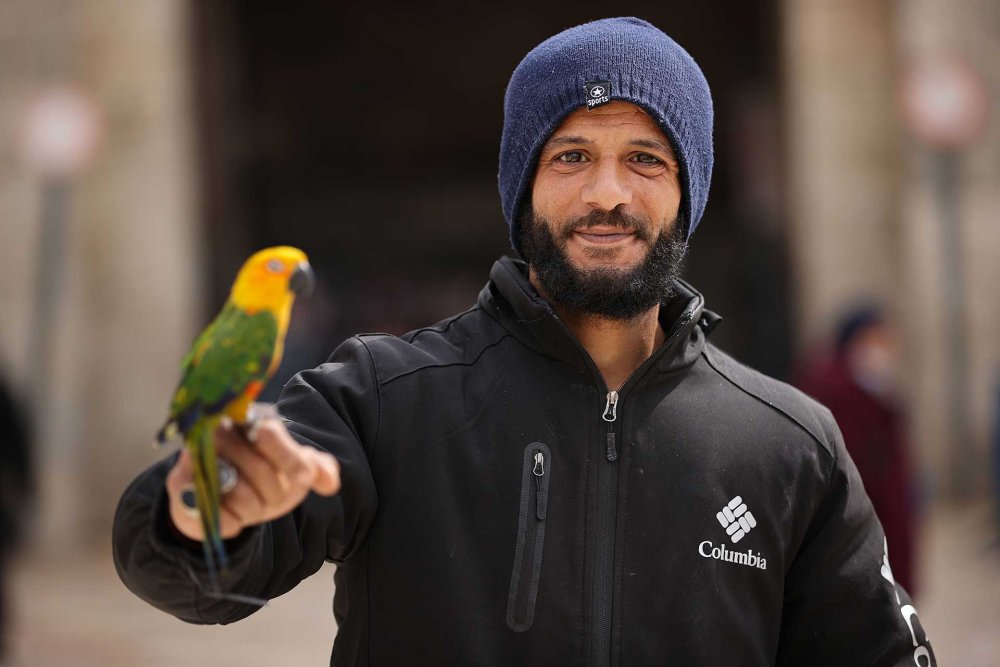Luma Tarazi has worked as a clinical psychologist and technical advisor for close to two decades for national and international NGOs. She specializes in training and material development and regularly trains Jerusalem’s clinical psychologists.
It’s a particularly trying time for Jerusalem’s Palestinian community. Many people have relatives trapped in Gaza, and Israel’s war on Gaza, which erupted on October 7, 2023, also impacts East Jerusalem and the rest of the West Bank. Settler violence and raids from the army have increased exponentially. Palestinian Jerusalemites are cut off from the rest of the West Bank due to checkpoint closures, and when checkpoints are open, they are sites of harassment and insult. On top of that, Palestinian Jerusalemites deal with day-to-day challenges of house arrests, home raids, home demolitions, domestic violence, and increased surveillance.
Luma trains clinical psychologists in East Jerusalem and the rest of the West Bank so they can provide a wide range of projects to promote health, human rights, women’s empowerment, family protection, gender equality, sexual health and well-being, and economic development. She currently works as an instructor of psychology at Birzeit University and has been a member of the Board of Directors of the YWCA of Palestine in East Jerusalem since 2017. She is dedicated to community work and the well-being of youth—especially young women.





